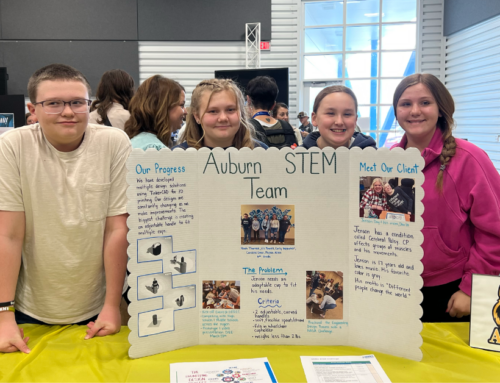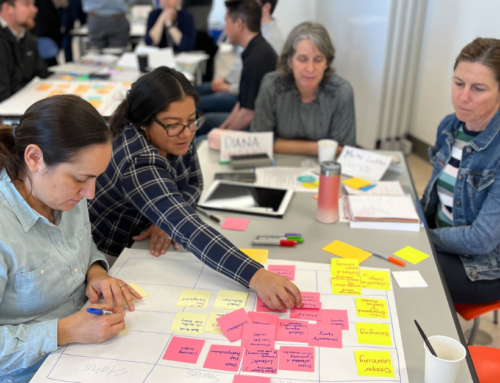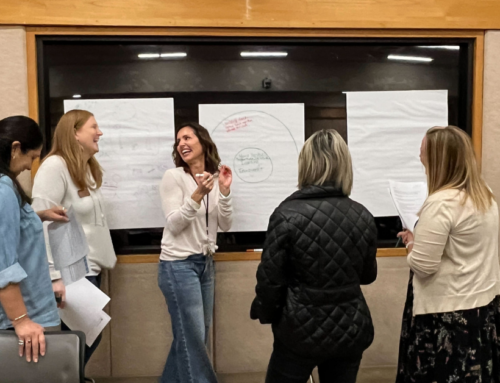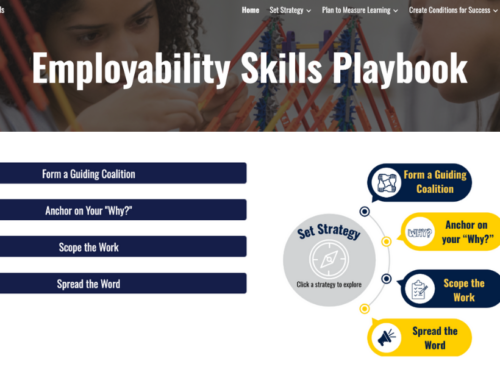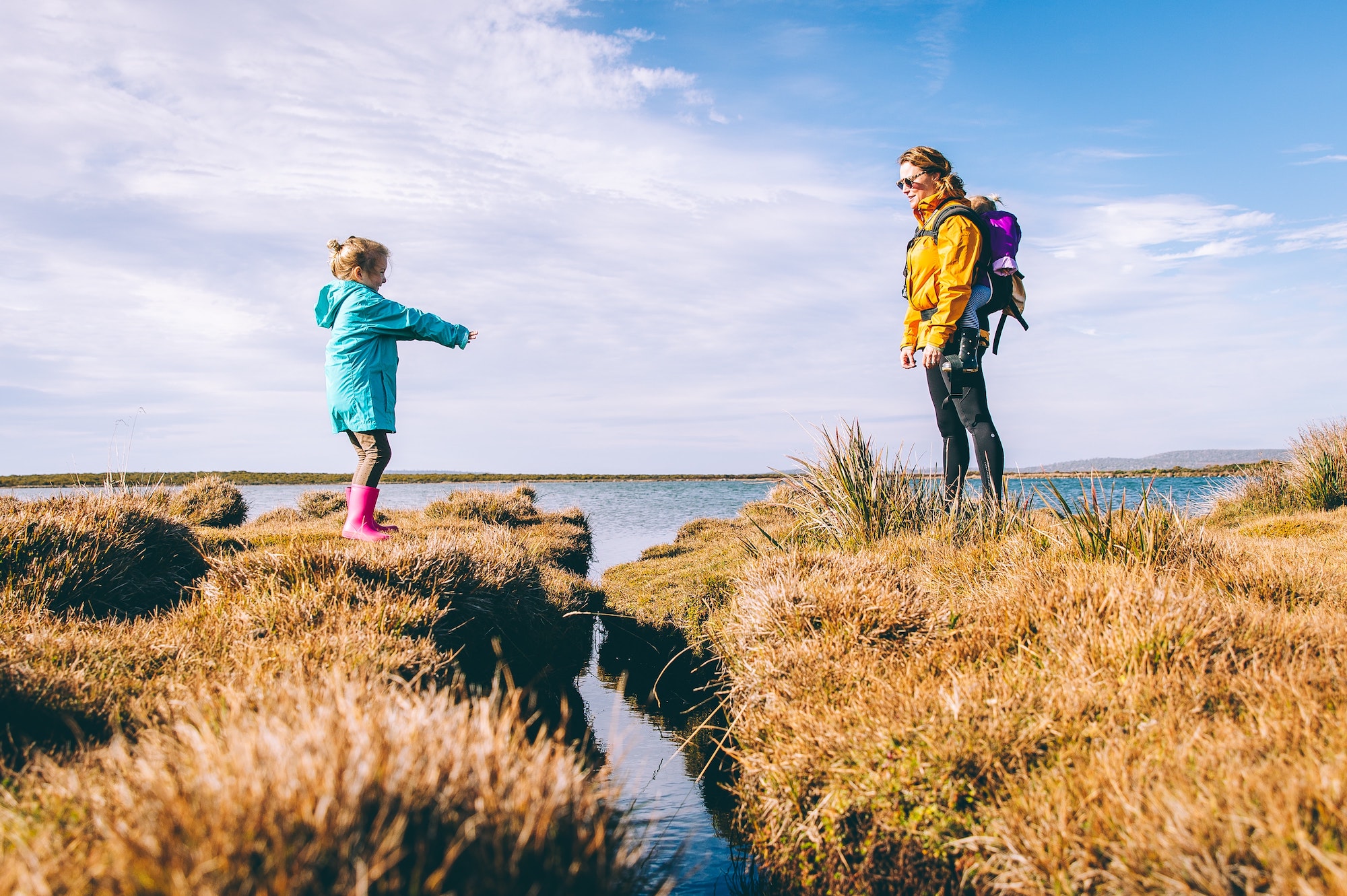
In the summer of 2019, I had the opportunity to hear Sir Ken Robinson’s keynote at EdInnovateLive, a conference at the University of San Diego. One theme that he highlighted for all of us was the connection between curiosity, exposure, and the development of skills. To illustrate his ideas, he polled the audience and found a few people who spoke 3 or 4 languages. By no coincidence, those people had been exposed to each language at an early age and had learned them by communicating and interacting in context rather than via academic channels. I would guess that the other 248 people in the room, like me, had taken classes in a foreign language before. Still, only a few people raised their hands when he asked if anyone was fluent in another language.
The point here is that young children are curious, and their brains are malleable. In an article titled “The Importance of Developing Curiosity,” Lachlan Brown highlights the importance of sparking curiosity in our children. He notes that “Curiosity is the engine of intellectual achievement” and cites this study to illustrate that “those who are more curious about a topic tend to learn faster.”
If we want our children to develop new skills, knowledge, and mindsets, it is foundational to spark curiosity. Otherwise, even through our best efforts to teach them, they may not actually learn.
Why does this matter?
When children are exposed to different languages early on, they pick them up not so much because they are linguistically gifted but, instead, because humans are naturally curious – the more exposure we have to areas that interest us, the more we develop. This holds true for how we learn many important skills, both academic and social.
I experienced this for myself shortly after the EdInnovateLive conference as I traveled to the east coast with my husband and two kids, who were 9 and 10 at the time. One of our first stops was Niagara Falls, and when we arrived, the questions started flowing: Where is the water coming from? Where are the American vs. Canadian borders? Who decided on the borders? How many gallons of water flow per second? Can we get ice cream?
For most of these questions (except, of course, the one about ice cream), I was unsure of the answer. However, we all discussed our ideas, read the information provided, and then used Google to find out even more. My kids were so curious about the Falls and the history, which empowered them to ask questions and find the information they needed.
Sensing their interest, I was curious about what a typical lesson on Niagara Falls might look like, and this is what I found through a quick Google search:
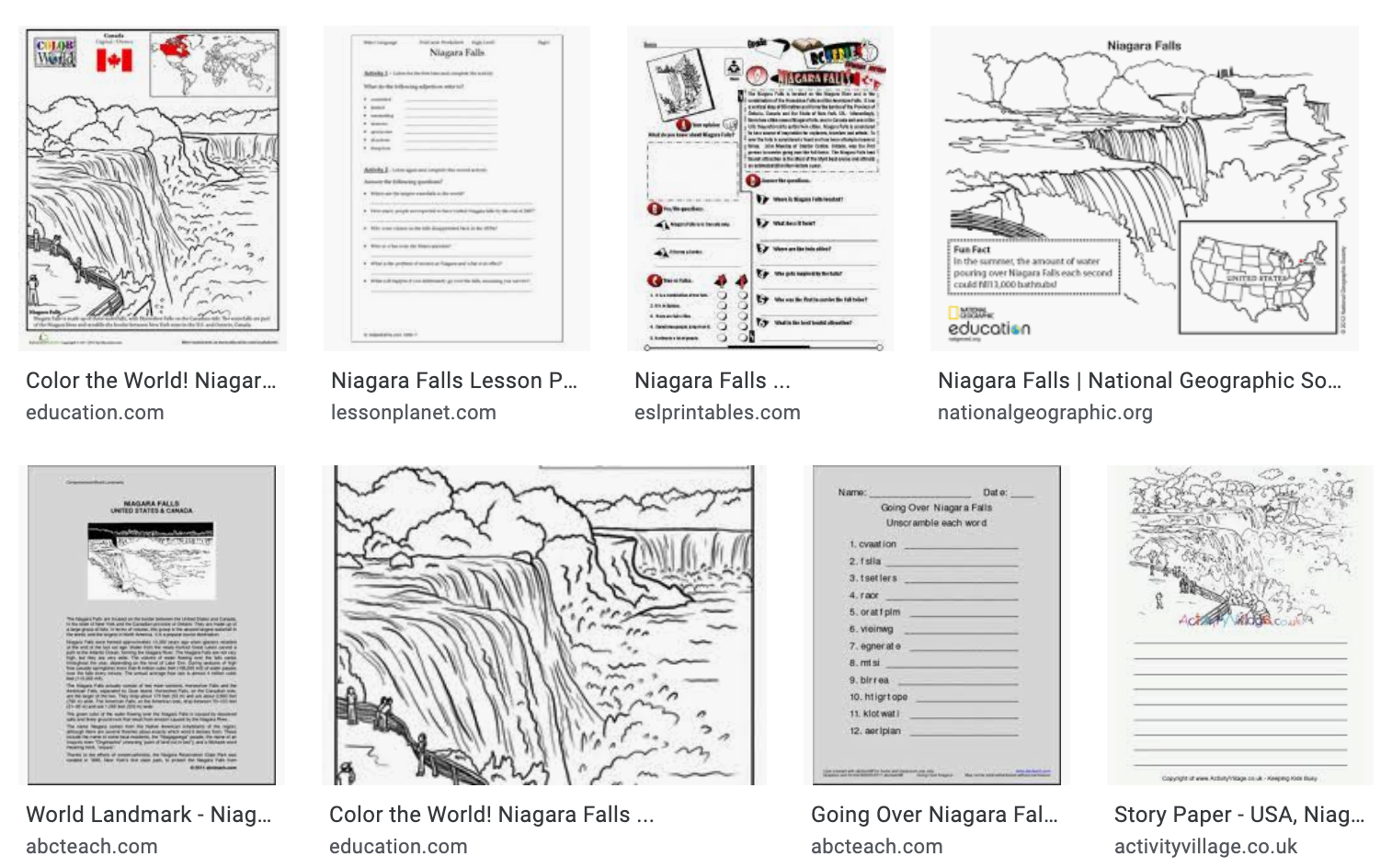
To be honest, I can only imagine the lack of interest that my kids would have shown if we had given them a worksheet out of context and asked them to list main ideas or calculate flow rates in the absence of their own curiosity and authentic questions. They may have done it for the sake of compliance, but they never would have remembered the information and might even have been miserable in the process.
It’s Been Taught, But Has It Been Learned?
A few days later, we traveled to Washington D.C. and visited as many monuments and museums as we could fit in. As we explored a place that was so rich in artifacts of American history, my kids were once again full of questions, curious to learn more about past presidents, wars, art, aviation etc. This time, I was struck by how much I had forgotten. I know that I was taught so much of what was on display, but I couldn’t recall much at all. I thought of the textbooks and unit tests that had shaped my history lessons when I was in school. I thought of all the time I had spent memorizing information for a test only to forget it right afterwards. As I explored D.C. with my family, I found myself relying on Google and the contextual information on display to talk with my kids about important historical events. I was a decent student who had passed all my classes out of compliance, but there was still so much that I didn’t remember.
In our current education system, many educators, including a friend of mine who teaches high school world history, feel pressure to cover the entire history of the world in a short window of time, as if it is a highlight reel to memorize. What if, instead, we treated history as a series of situations to be curious about, question, and learn from? To ensure that our children are actually learning, we need to find authentic ways to expose them to the world, expand their horizons, and spark their interest in areas that we want them to genuinely care about.

